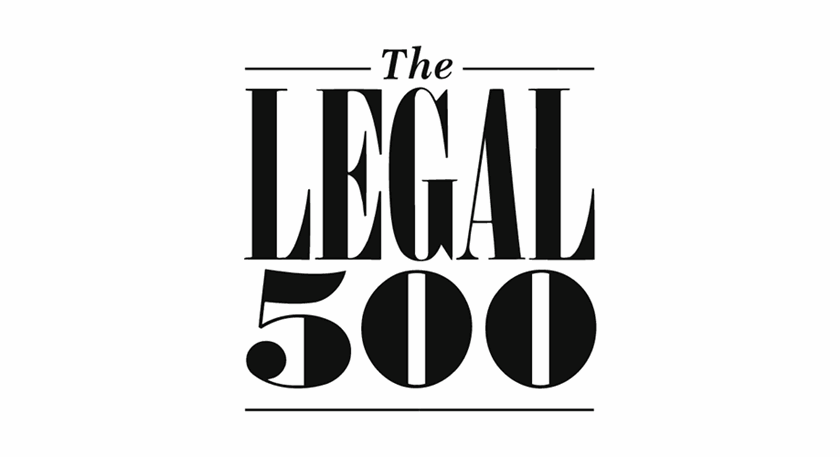New standards for British Schools Overseas
News

In 2010, the Government established a voluntary inspection scheme to recognise overseas schools that describe themselves as "British" and that meet a set of standards produced by the DfE. Many of the UK independent schools that have now established a presence overseas engage with the scheme, as do many international schools.
The scheme is intended to ensure that such schools provide their pupils with the skills and qualifications they need to enter (or re-enter) the British education system – and indeed the scheme helps to inform parents of how the standards in these schools measure up against the standards that apply to independent schools in England. Schools that are found to meet the standards are recognised as "British Schools Overseas" (BSOs). BSOs are given an Edubase number and are entitled to display the BSO emblem. Recognition currently lasts for three years from the date of inspection and can be renewed with each successful inspection (which are on three-year cycles).
The responsibility for carrying out these inspections and reporting accordingly is devolved to a handful of organisations, ISI included. The inspecting organisations are required to publish the results of all inspections on their website for the past three years; plus, all inspection reports are published by the DfE.
Back in November 2015, the Government consulted on proposed revisions to the BSO standards. Essentially, the plan was to bring them into line with the current English independent school standards and (insofar as BSOs provide pupil accommodation) the national minimum standards for Boarding Schools in England. As per the plan, the draft standards more or less followed the requirements of those two sets of standards, with the greatest differences being in Part 4 and specifically the:
- quality of education provided by the school;
- spiritual, moral, social and cultural development of pupils;
- welfare and safety of pupils;
- suitability of the proprietor, staff and supply staff to work with children;
- premises and accommodation;
- provision of information;
- manner in which complaints are handled;
- quality of leadership and management of the school; and
- quality of provision for boarding (if applicable).
The Government has finally issued a response to that consultation. The document follows the usual format of setting out each question, followed by a summary of the views submitted to the consultation and then the Government's conclusion.
Those who responded to the consultation were generally in favour of tightening up the standards, but they expressed concerns about how well some of the proposals would translate to certain countries and cultures.
A number of respondents had reservations about the requirement to promote fundamental British values and encourage respect for people with the "protected characteristics" set out in the Equality Act 2010. The paper specifically mentions the difficulties this might cause in countries where, for example, homosexuality is criminalised. Whilst understanding the point, the Government believes it is important to maintain the consistency of the BSO standards to provide clear guidance to parents about what BSO schools offer. Because of this the Government will not add any caveats to these requirements, as some had suggested.
Respondents also quite rightly pointed out that, in some countries, the BSO standards may be at odds with local laws and regulations. Where local standards are higher, the Government simply recommends that schools meet the local standards, since there is no barrier to schools going over and above the BSO requirements. The more difficult question is what to do when the BSO standards actively conflict with local laws, as is apparently the case in some countries with the duty to ensure school that premises comply with British fire safety legislation. In these circumstances, the Government states that schools should seek advice locally and that "inspectorates will make judgments as to whether the standard is met". It is good to see this flexibility and on-the-ground appreciation being encouraged, and it will be interesting to see if it manifests itself.
In most areas, the Government only plans making minor amendments to the draft BSO standards. The exception is the standard concerning the suitability of staff. Respondents to the consultation told the Government about the difficulty of obtaining full DBS checks for staff coming from the UK and mentioned that local checks for other staff may be less robust than the DBS system. The standards will be amended to reflect these practical difficulties, with the Government saying that the "BSO standards do not prevent schools from seeking an International Child Protection Certificate, although this is not a product endorsed by the Government within the statutory disclosure regime".
You can read the response in full here. The final version of the new BSO standards, which can be found here, will apply from September 2017.
If you require further information on anything covered in this briefing please contact Paul Jones ([email protected]) or Rachel Holmes ([email protected]) or your usual contact at the firm on 020 3375 7000.
This publication is a general summary of the law. It should not replace legal advice tailored to your specific circumstances.
© Farrer & Co LLP, January 2017







